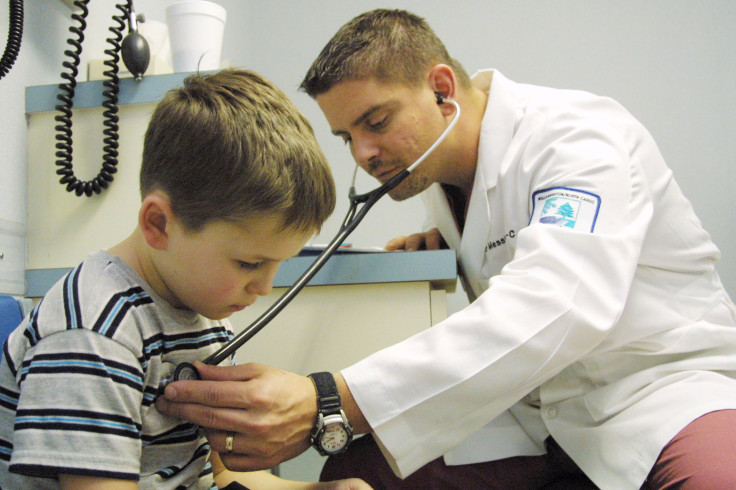How To Have Healthy Kids: 10 Places In The US With Affordable Health Care For Where To Raise Children

Any parent can tell you that raising a child is expensive. In fact, raising a kid in the United States is more expensive than ever. The Washington Post reports that the average family spends about $233,610 from the time their baby greets the world to 17 years old, which is roughly $13,000 a year. The rising costs in health care is one of the main factors for the increase, and WalletHub conducted a new study about the best and worst states for children’s health care.
The top 10 best states overall are:
Vermont
Massachusetts
Connecticut
Iowa
New Hampshire
Hawaii
Rhode Island
Delaware
District of Columbia
Minnesota
South Dakota, which ranked number 17 overall, scored number one for the state with the highest percentage of children in excellent or very good health. North Dakota came in at number two, but is 13 overall, while New Hampshire, Vermont and Missouri rounded out the top five.
WalletHub broke down the states with the most affordable medical bills, an important factor as expensive bills can financially cripple lower-income families or make it hard to receive treatment. They included Hawaii, District of Columbia, Vermont, South Dakota and Pennsylvania.
Health insurance is another important component of wellbeing and the website determined the states with the lowest percent of children without health insurance. The top five are Massachusetts, District of Columbia, Vermont, Hawaii and Illinois.
Parents in many states are struggling with uninsured children and high medical costs, which are just a few factors that impact ranking.
The 10 states that were deemed the worst overall are:
Oklahoma
South Carolina
Arkansas
Georgia
Montana
Texas
Alaska
Arizona
Mississippi
Nevada
Several of these states, like Arizona, Nevada and Alaska, are in the top five states that have the highest percent of uninsured kids.
To determine the overall score, WalletHub compared the 50 states and District of Columbia on factors like kids’ health, access to health care, nutrition, obesity and oral health. Visit WalletHub for more details and the full study results.
© Copyright IBTimes 2024. All rights reserved.





















